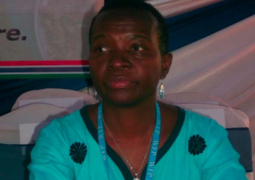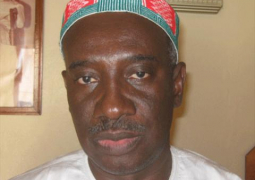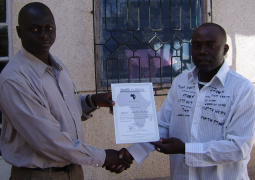As the world is currently facing an economic downturn, nations all over are working tirelessly to safeguard their economies from the downward trend.
Some of the measures that are being employed in the process include the fight against corruption, among others.
This is why Liberia's President Ellen Johnson-Sirleaf has issued a decree to pay and protect whistle-blowers as part of her campaign to tackle the never-ending menace of corruption.
Under the new measure, anyone who gives any information leading to monies recovered from such malpractice will get 5% of the sum.
And those who fear for losing their jobs after passing on useful tips would be given special protection by means of transfers if they so wish. The public is also asked to help.
"This act will protect that person who blows the whistle," said acting Justice Minister Eva Morgan, who announced the new measures.
As she put it, this would only apply if the whistle-blower was not acting out of "spite or revenge".
Observers note that such strategies have become necessary since, she admits, the country does not have enough prosecutors or courts to deal with corruption.
Corruption, as has happened elsewhere, undoubtedly has the potential to destroy the image of the country and badly devastate the economy, if proper checks are not put in place to tackle the menace.
The BBC's Jonathan Paye-Layleh in the capital Monrovia says it is too early to tell whether the measure will really help in the fight against corruption, or will turn out to be just another pronouncement.
According to the reporter, some corrupt officials use some of the money they steal to buy the silence of people threatening to inform on them. Corruption was a major cause of the 1989-2003 civil wars, from which Liberia is yet to recover.
"Corruption is a tree, whose branches are of an immeasurable length: they spread everywhere; and the dew that drops from thence hath infected some chairs and stools of authority."
Francis Beaumont and John Fletcher




